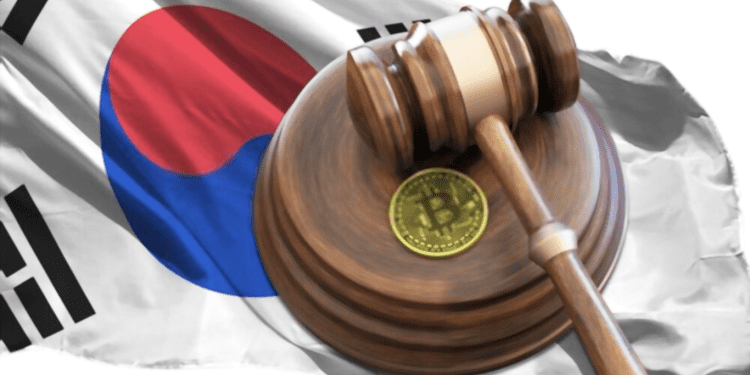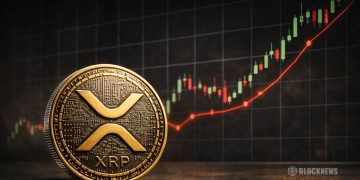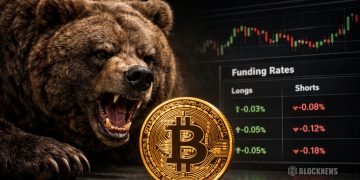- South Korea has passed a comprehensive crypto bill aimed at preventing fraudulent practices like those seen in Do Kwon’s Terra ecosystem and safeguarding investors.
- The legislation integrates 19 related bills, defining digital assets and punishing illegal trading activities including market manipulation.
- Virtual Asset Service Providers (VASPs) are now required to insure users’ deposits and take accountability for user security against various threats like hacks and system failures.
In a major stride towards securing the interests of cryptocurrency investors, the South Korean government has ushered in a wide-ranging crypto bill. This move is seen as a response to recent debacles such as Do Kwon’s Terra ecosystem, with the aim to shield the investor community from similar incidents in the future.
On the last day of June, the country’s legislative body, the National Assembly, green-lighted the Virtual Asset User Protection legislation. As reported by the domestic news outlet SBS Biz, the bill targets to regulate inequitable trade practices and fortify crypto investor protection.
Notably, the legislation consolidates 19 crypto-centric bills, crafting a singular piece of law that not only categorizes digital assets but also introduces strict repercussions for unscrupulous trading conduct. This includes illicit practices like undisclosed information usage, market manipulation, and various other forms of trade inequity in the crypto landscape.
As per local media reports, the heart of the Virtual Asset User Protection Act is to primarily adapt the Capital Market Act to virtual assets exhibiting a securities nature. The law further strives to lay down a groundwork for instituting penalties and liability for any harm triggered by fraudulent crypto trading.
The South Korean government has now reportedly mandated Virtual Asset Service Providers (VASPs) to bear responsibility for users’ deposits and offer insurance. These steps are seen as pivotal in safeguarding users against a variety of risks, including hacking attempts and technical glitches.
The SBS Biz news piece outlines that any violation of these novel regulations may lead to a prison sentence of a minimum one-year term or hefty fines. As an example, profits made from unfair trade could incur a penalty twice the amount, as imposed by the Financial Services Commission.
This move by Seoul follows hot on the heels of the conviction of Terraform Labs’ founder, Do Kwon, for utilizing a fake passport. This event, coupled with the outstanding arrest warrant on Kwon in South Korea for purported violation of the nation’s capital market law, has stirred significant controversy.
The collapse of Terra’s tokens has been labeled by South Korean prosecutors as the most monumental case of financial fraud or securities fraud ever to rock the nation.
Do Kwon’s Fall From Grace
The spring of 2022 will be remembered for the downfall of Do Kwon, the mastermind behind the Terra and Luna tokens. Kwon and his firm, Terraform Labs, were implicated in a scandal that saw a staggering $40 billion wiped from the value of these tokens.
The incident culminated in both Kwon and his former CFO, Han Chang-joon, being sentenced to a four-month stint in a Montenegrin jail for forgery. With an arrest warrant still hanging over his head back home in South Korea for alleged capital markets law violations, Kwon became the focal point of media frenzy. Despite his fugitive-like departure from Singapore and mounting legal troubles, he insists on his commitment to cooperate with authorities, fervently denying any wrongdoing.














